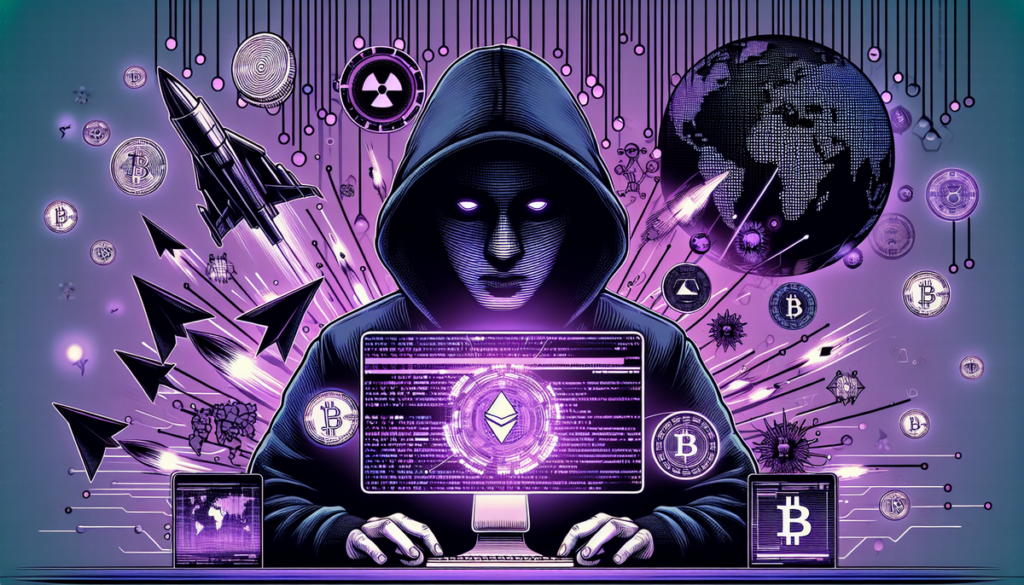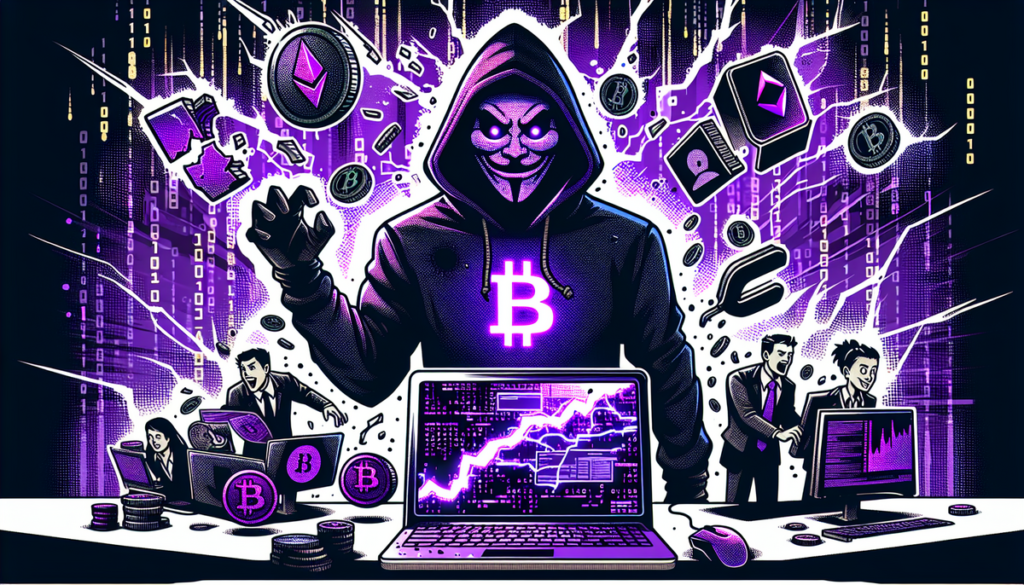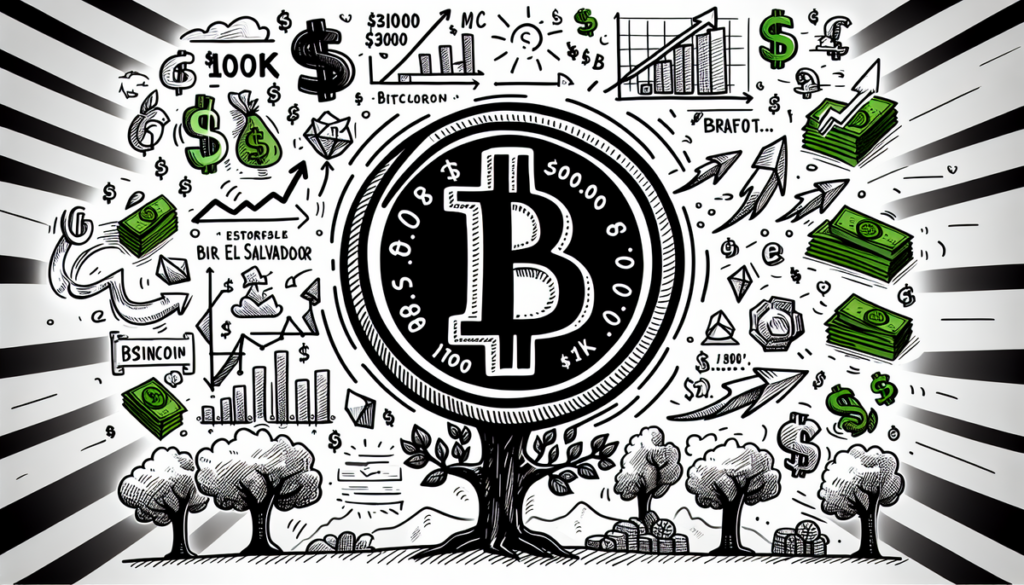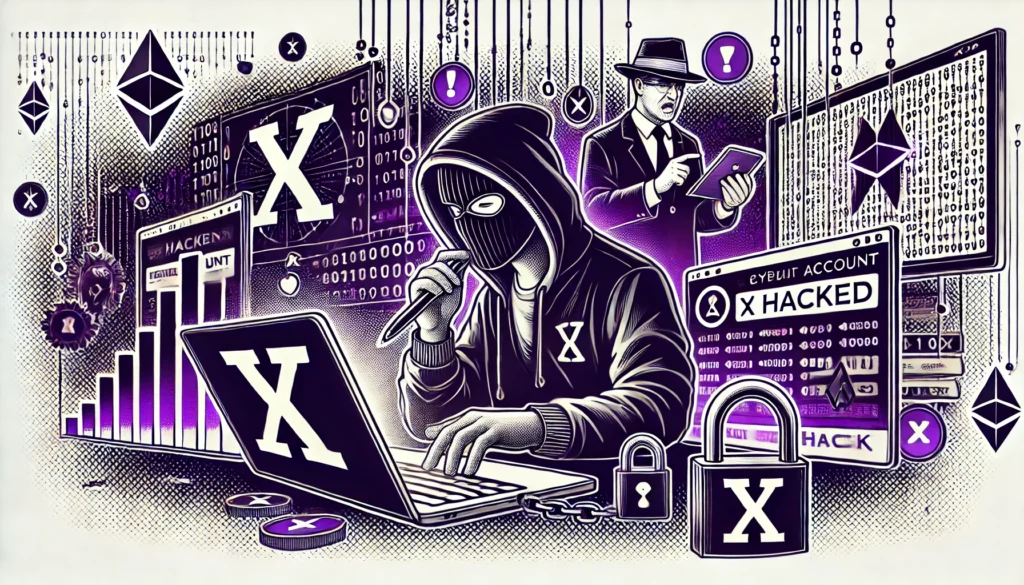North Korea Crypto Heists Exposed: Funds Tied to Nuclear Weapons

North Korea Crypto Thefts and Nuclear Funding Unveiled
The issue of North Korea’s alleged involvement in cryptocurrency thefts has stirred international concern. Reports highlight how stolen funds are reportedly being funneled into its nuclear weapons program, raising alarms globally. Keep reading as we dive deep into the details of these cyber heists and their implications.
Table of Contents
- North Korean Crypto Heists Exposed
- How Crypto Thefts Fund Nuclear Programs
- Actions Taken by South Korea
- Global Impact of North Korean Cyber Crime
- Conclusion
North Korean Crypto Heists Exposed
For years, North Korea has been linked to large-scale cybercrimes, primarily targeting cryptocurrency exchanges and platforms. The stolen funds, estimated to be worth billions of dollars, are believed to support the country’s illicit activities, including its controversial nuclear weapons program. This revelation adds a new dimension to the cyber-theft landscape, turning what was once considered financial crime into a potential threat to global security.
How Crypto Thefts Fund Nuclear Programs
According to intelligence sources, the stolen cryptocurrency funds are funneled directly into North Korea’s nuclear weapons development efforts. By evading international sanctions through cyber theft, the country has bypassed traditional financial systems, making it almost impossible to trace or intercept these funds effectively. This concerning trend underscores the intersection of technology and geopolitical tensions.
Actions Taken by South Korea
In response, South Korea has imposed sanctions on 15 individuals allegedly involved in these cybercriminal operations. The move is part of a broader strategy to stem the tide of North Korea’s illicit activities. However, experts argue that more comprehensive international cooperation is necessary to combat this evolving threat effectively.
Global Impact of North Korean Cyber Crime
North Korea’s actions have far-reaching implications, not just for the cryptocurrency ecosystem but also for global security. With stolen funds reportedly financing weapons development, the stakes are higher than ever for stakeholders to establish robust cybersecurity measures. Additionally, businesses and governments worldwide are urged to collaborate and share intelligence to tackle this escalating issue.
Conclusion
The alarming link between North Korea’s cryptocurrency heists and its nuclear weapons development highlights the urgency of addressing cybercrime on a global scale. As nations like South Korea take a stand, international collaboration becomes indispensable in mitigating such threats. The cryptocurrency community, too, must play an active role in fortifying security systems to prevent further exploitation.







Responses